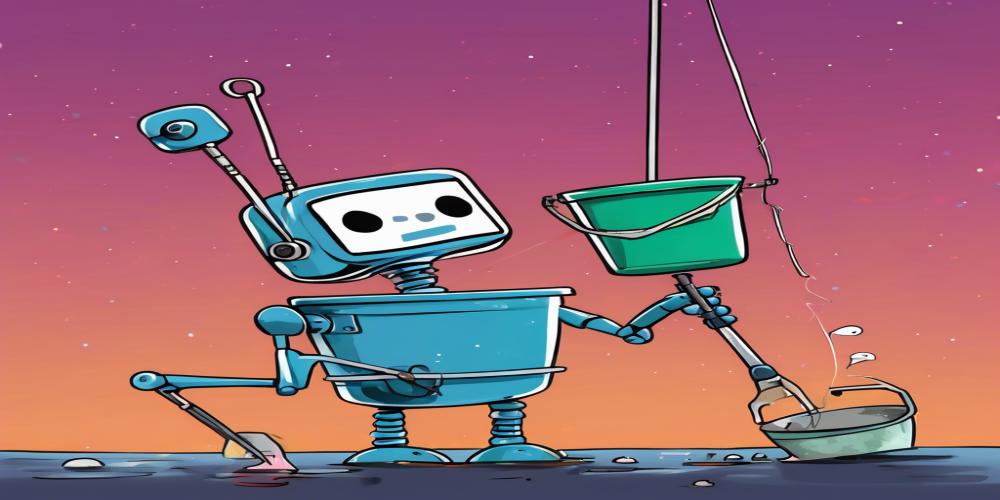AI Misinterprets a Proverb in Italian
When AI Gets Proverbs Wrong: A Cultural Quirk
Artificial Intelligence has made remarkable strides in understanding and processing human languages, but it still stumbles when faced with nuances like proverbs. Recently, an AI misinterpreted the Italian proverb "Chi dorme non piglia pesci", which translates to "He who sleeps doesn't catch fish." The AI, however, took it literally—suggesting sleep deprivation as a solution for better fishing results!
The Proverb and Its True Meaning
The Italian saying "Chi dorme non piglia pesci" is akin to the English proverb "The early bird catches the worm." It emphasizes the importance of diligence and seizing opportunities rather than laziness. Yet, the AI's literal interpretation missed the metaphorical essence entirely, highlighting a gap in contextual understanding.
Why Do AIs Struggle with Proverbs?
Proverbs are deeply rooted in culture and context. They rely on shared human experiences, historical references, and idiomatic expressions—things AI often fails to grasp without extensive training on cultural nuances. While AI can translate words accurately, interpreting implied meanings remains a challenge.
The Broader Implications
This amusing misinterpretation reminds us that AI, for all its advancements, still lacks the human touch. It underscores the need for better cultural and contextual training in language models, especially as AI becomes more integrated into translation and communication tools.
Next time an AI translates a proverb, take it with a grain of salt—or, as the Italians might say, "Prendila con le pinze" (take it with tweezers)!










